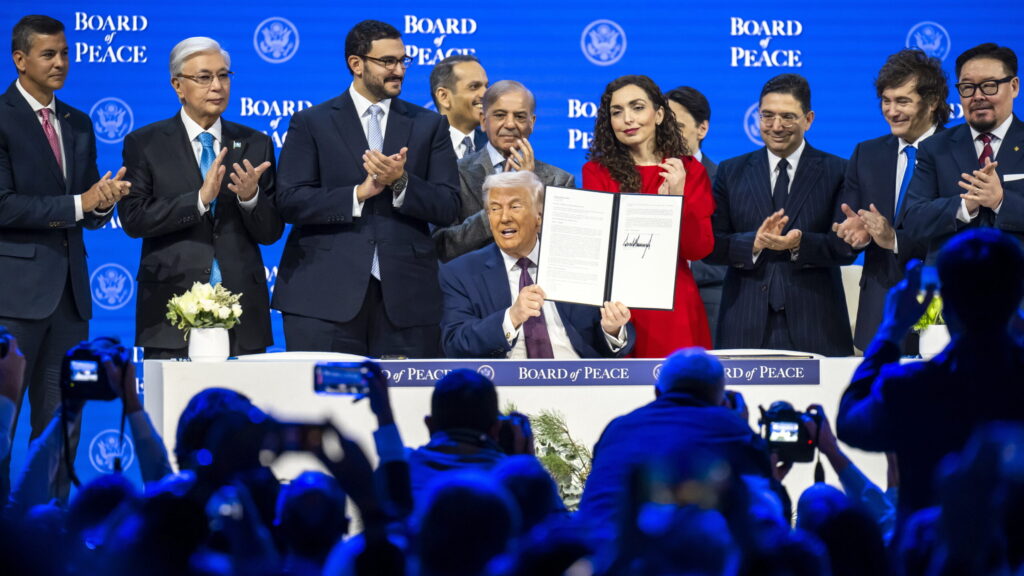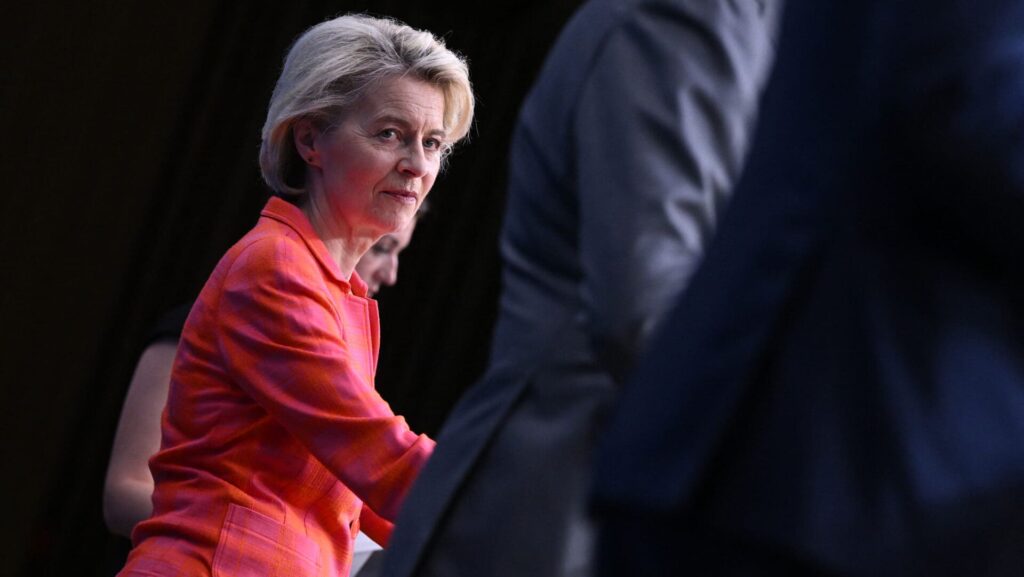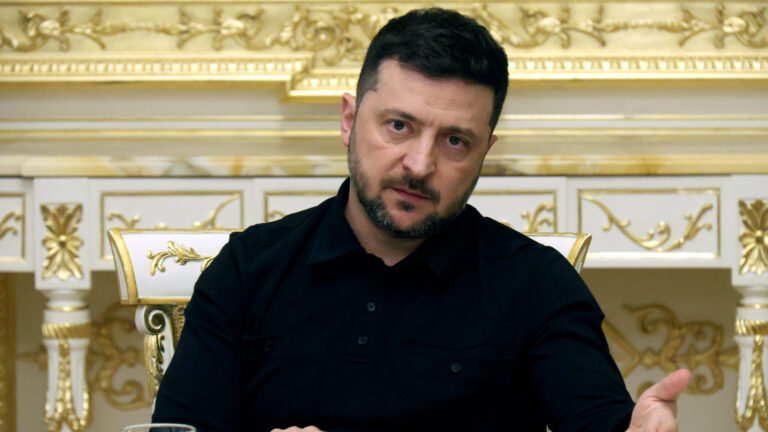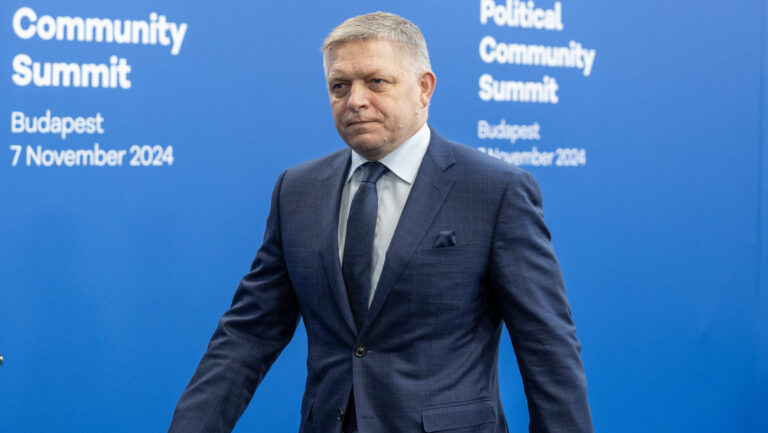Leading scholars and policymakers gathered in Budapest for the 5th Geopolitical Summit, co-organized by the Danube Institute and the Heritage Foundation, to address the pressing issues and challenges facing contemporary societies.
During the second panel discussion of the opening day on 15 September, participants debated whether international institutionalism is dead. The panel featured Zoltán Kovács, State Secretary for International Communication and Relations at the Hungarian Prime Minister’s Office; Eugene Kontorovich of the Heritage Foundation and George Mason University; Executive Director of Lex Libertas Ernst Roets; Stefano Gennarini of the Center for Family and Human Rights; and CEO of Urban Tiger Curtis Yarvin. The discussion was moderated by Deputy Director at the Danube Institute Gergely Dobozi.
Zoltán Kovács opened by stressing that for those in government, international institutionalism is not an abstract question. ‘Philosophers and judges in international courts have the luxury of not dealing with immediate political consequences. Politics, however, is different,’ he said. In his view, the answer to the panel’s central question was a qualified yes: ‘The international order and the institutions designed to maintain it have drifted. Some are slowly becoming irrelevant, others have misused the competencies entrusted to them—take the ICC, or even the European Union.’ He emphasized that sovereignty remains the core issue: ‘International organizations have no sovereignty. Sovereignty belongs to nation states, as formulated in the 16th century.’
‘International organizations have no sovereignty’
Eugene Kontorovich agreed, describing the so-called ‘rules-based order’ as ill-defined and failing from the very beginning. ‘If you look into the literature on the “international rules-based order”, you’ll find lengthy paragraphs with no clarity. That alone shows nobody really knew what it was supposed to be,’ he argued. He highlighted the UN’s inability to provide genuine security, noting that instead of focusing on relations between states, its agencies ‘have intruded deeply into domestic affairs, such as education policy. The result is an intrusive, bureaucratic system without the ability to provide real security. And that is not appealing.’
Ernst Roets offered a vivid metaphor drawn from his native South Africa. Comparing international institutionalism to a wounded buffalo, he said: ‘It is dying, but precisely because of that, it is dangerous. It lashes out in unexpected, aggressive ways.’ He also warned that supranational institutions brand opponents of centralization as anti-democratic, drawing parallels between Afrikaner opposition to Pretoria and Hungary’s clashes with Brussels. ‘The solution lies in real communities—our nations, as created by God—not in artificial international structures,’ he declared.
Stefano Gennarini, speaking from his experience as a lawyer at the United Nations, cautioned against assuming that international institutions are collapsing. ‘Bureaucratically, they are thriving. The UN General Assembly adopts around 350 resolutions a year, most by consensus. These resolutions increasingly intrude into domestic policies—20 years ago, it would have been unthinkable for UN texts to speak of “global governance”. Now they do,’ he explained. For Gennarini, the real problem is not the institutions but the reluctance of states to assert their sovereignty. ‘If we simply say “the UN has no legitimacy” and walk away, others—especially the EU—will step in, fund it, and gain more influence,’ he warned.
‘International organizations survive without accountability’
The panellists converged on the idea that bureaucracy has taken on a life of its own. ‘Step by step, sovereignty is being taken away from member states through legal and semi-legal manoeuvres,’ Kovács cautioned, pointing to EU policies on migration, vaccines, and energy. Kontorovich added that international organizations survive without accountability: ‘They can continue operating regardless of whether they fulfil their purpose. That is their danger.’
In closing, Gennarini stressed that a collapse of international institutions would not mean stability: ‘If international institutions collapse, the alternative will not be a peaceful vacuum—it will be conflict. That is why countries must reassert sovereignty and reform these bureaucracies. It cannot be done by one country alone; it requires coalitions.’ Kovács agreed, warning against further erosion of national decision-making. Kontorovich offered the final word: ‘Ultimately, a political institution must be judged by this question: if it disappeared tomorrow, would the world notice? In the case of the UN today, the answer is probably no. That says everything about the state of international institutionalism.’
Related articles:







